Interdisciplinary Programs

Aerospace Engineering
The Aerospace Engineering Program provides graduate education covering topics such as aerodynamics and heat transfer, structural mechanics and materials, and controls and automation. A dual degree in aerospace engineering and space architecture is also available.
Graduate Programs
Aerospace/Space Architecture Dual Degree
Information Sheet (PDF)

Computer & Systems Engineering
Graduate studies in computer and systems engineering includes two options: computer engineering and computer controlled systems.
Graduate Programs
Information Sheet (PDF)

Engineering Data Science
Visit the Engineering Data Science Graduate Program page for more information.
Graduate Programs
Information Sheet (PDF)
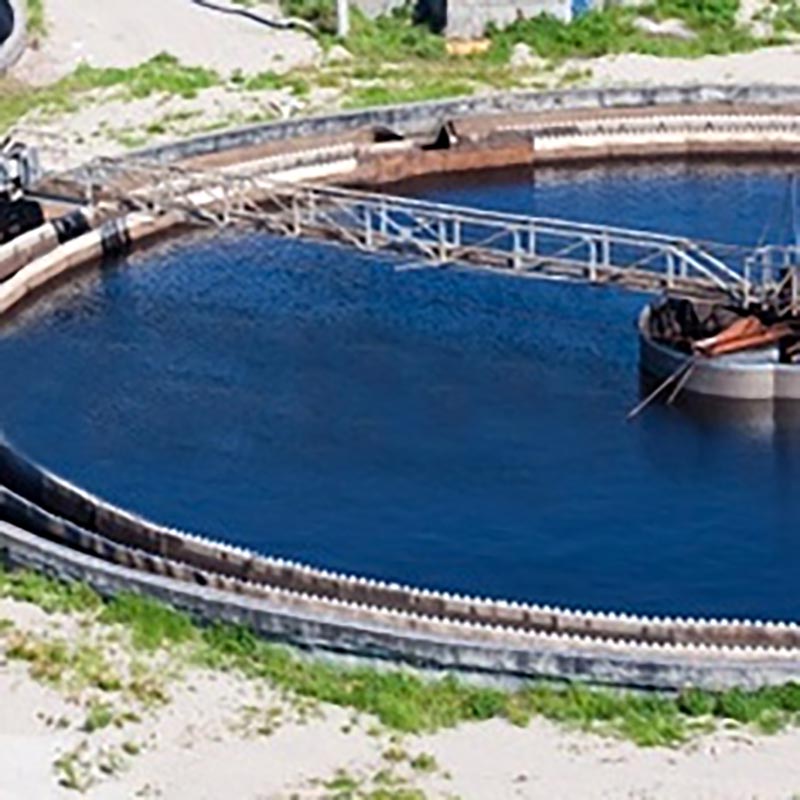
Environmental Engineering
The Environmental Engineering Program offers study in areas such as water, wastewater, microbiology, bioremediation, soil and hazardous waste treatment and modeling, and airborne particulates.
Graduate Programs
Information Sheet (PDF)
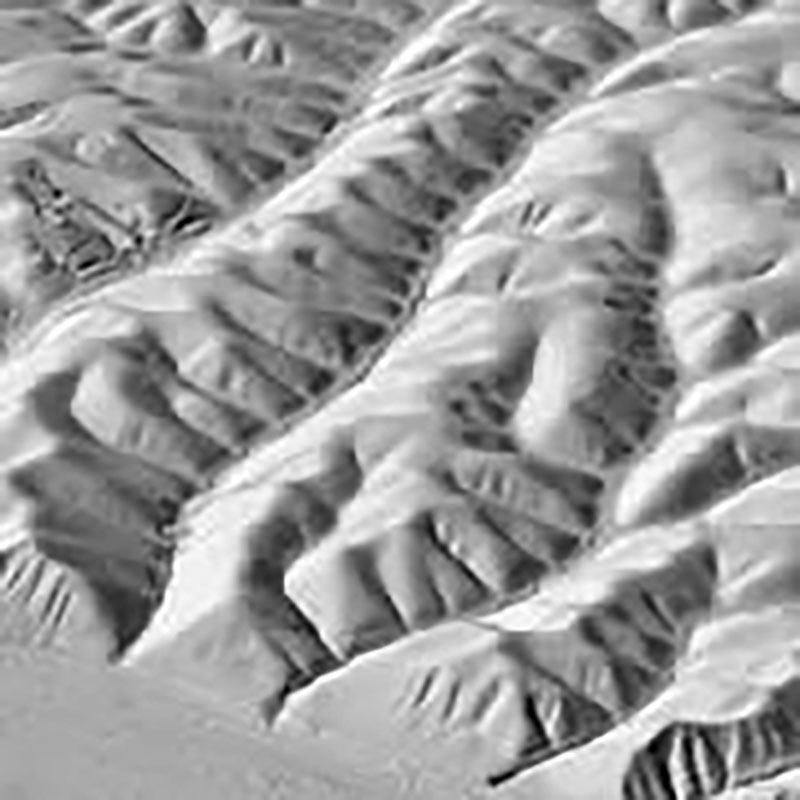
Geosensing Systems Engineering
Visit the Geosensing Systems Engineering Graduate Program page for more information.
Graduate Programs
Information Sheet (PDF)
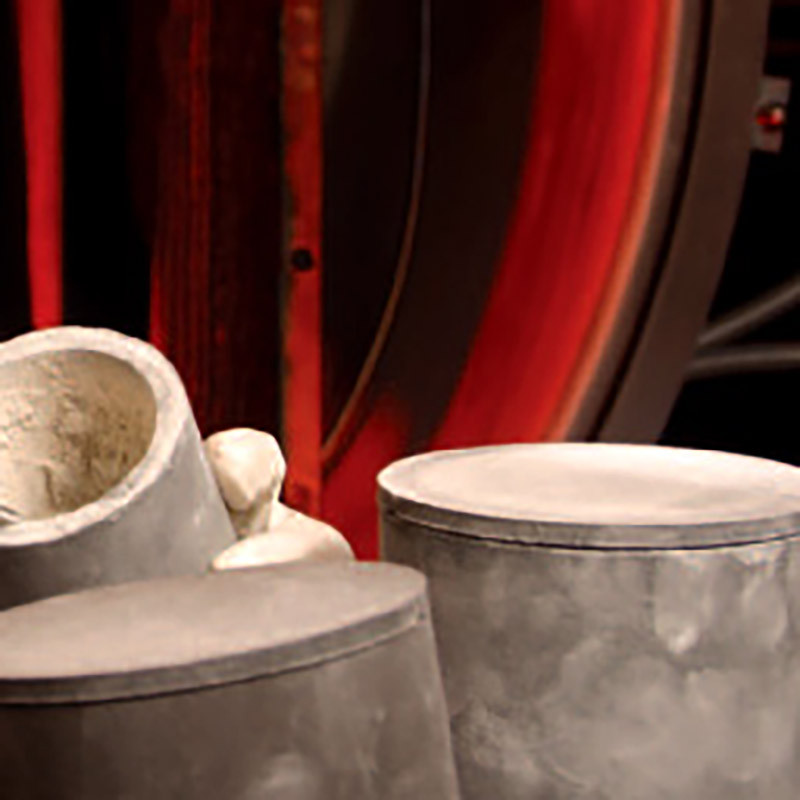
Materials Science & Engineering
The Materials Science and Engineering Program offers study in the areas of metallic alloys, polymers, ceramics and composites for advanced mechanical/aerospace engineering applications, and electronic and superconducting ceramics.
Graduate Programs
Information Sheet (PDF)
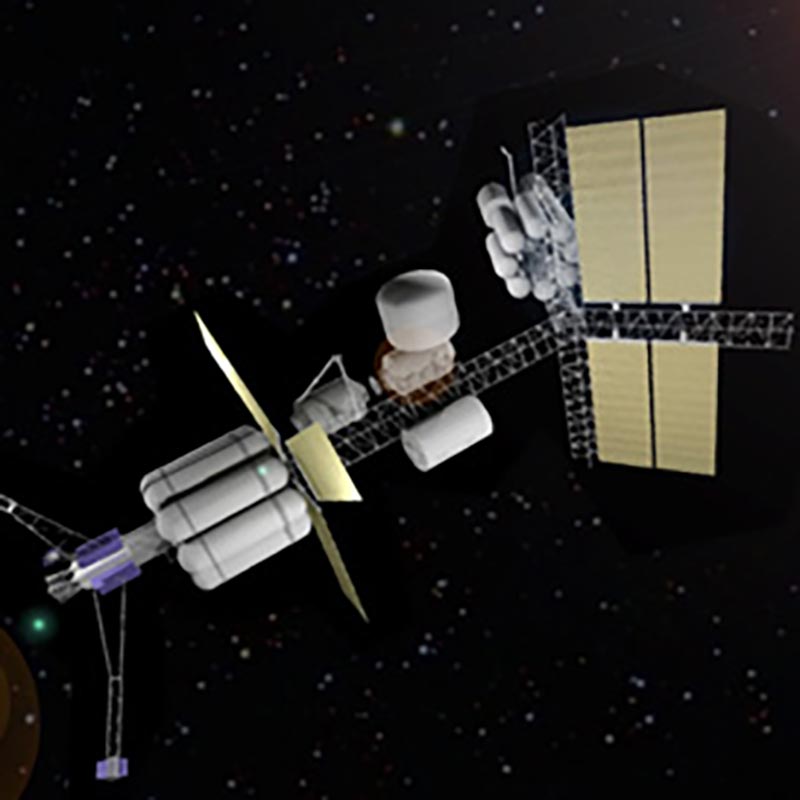
Space Architecture — SICSA
The Sasakawa International Center for Space Architecture (SICSA) brings more than 30 years of internationally recognized experience in habitat research, planning and design for space and extreme terrestrial environments. A dual degree in space architecture and aerospace engineering is also available.
Graduate Programs
Aerospace/Space Architecture Dual Degree
Information Sheet (PDF)
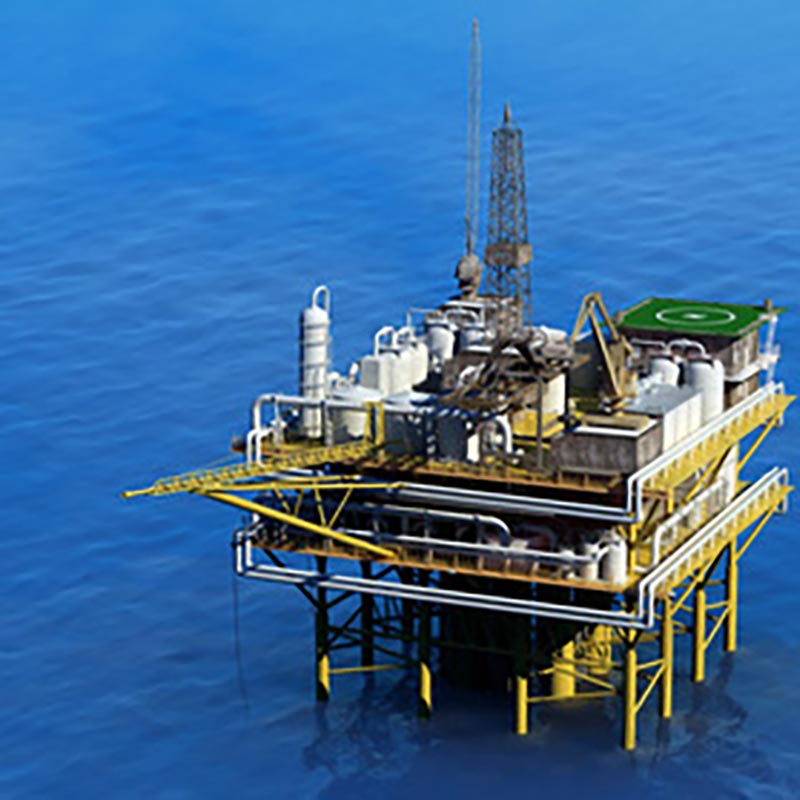
Subsea Engineering
(No new applicants are accepted at this time.) The nation’s first subsea engineering graduate program offers an engineering science-based curriculum that provides the scientific and technical skills necessary to create the first generation of trained subsea engineering specialists.
Graduate Programs
Information Sheet (PDF)